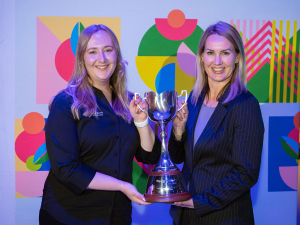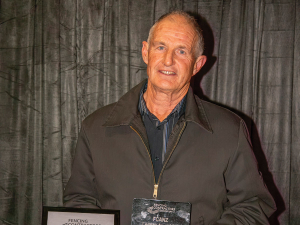The co-operative economy index is based on membership and employment relative to a country’s population and the co-operative sector’s annual revenue relative to GDP.
The top 10 places are dominated by EU members; New Zealand is the only non-EU country in the top 10.
Former executive director of Co-operative Business NZ, Ramsey Margolis, who attended the conference, says the recognition is a big tick for NZ’s co-operative movement.
Margolis says co-operatives in New Zealand are special; a majority have small businesses as their owners.
“In the rural sector, co-ops are in business to improve the bottom line of their members’ primary business and they know that,” he told Rural News. “Farmers and growers here are member owners of at least three co-operatives, sometimes up to six or seven.
“This is because most of our co-ops have a single purpose: either buying from member owners or selling to member owners. Not so overseas, where a co-operative may be multipurpose.
Specialising in one thing is what has given our co-ops the strength they have.
“Overseas we see much more variation in the types of co-operative business. It is said that when you’ve seen one co-operative, you’ve seen one co-operative.”
According to the nz.coop website New Zealand has some strong cooperative businesses, not just in the agricultural sector.
In 2011, the combined revenue of co-ops and mutuals was over $39 billion; they produced 3% of the country’s GDP and almost 10% of Management magazine’s Top 200 were co-ops and mutuals – including the country’s single largest business, Fonterra.
Other big co-ops in the agriculture sector are fertiliser traders Ballance and Ravensdown, meat companies Alliance and Silver Fern Farms, rural services traders Farmlands, Tatua Milk, Westland Milk and the Dairy Goat Co-op.

















